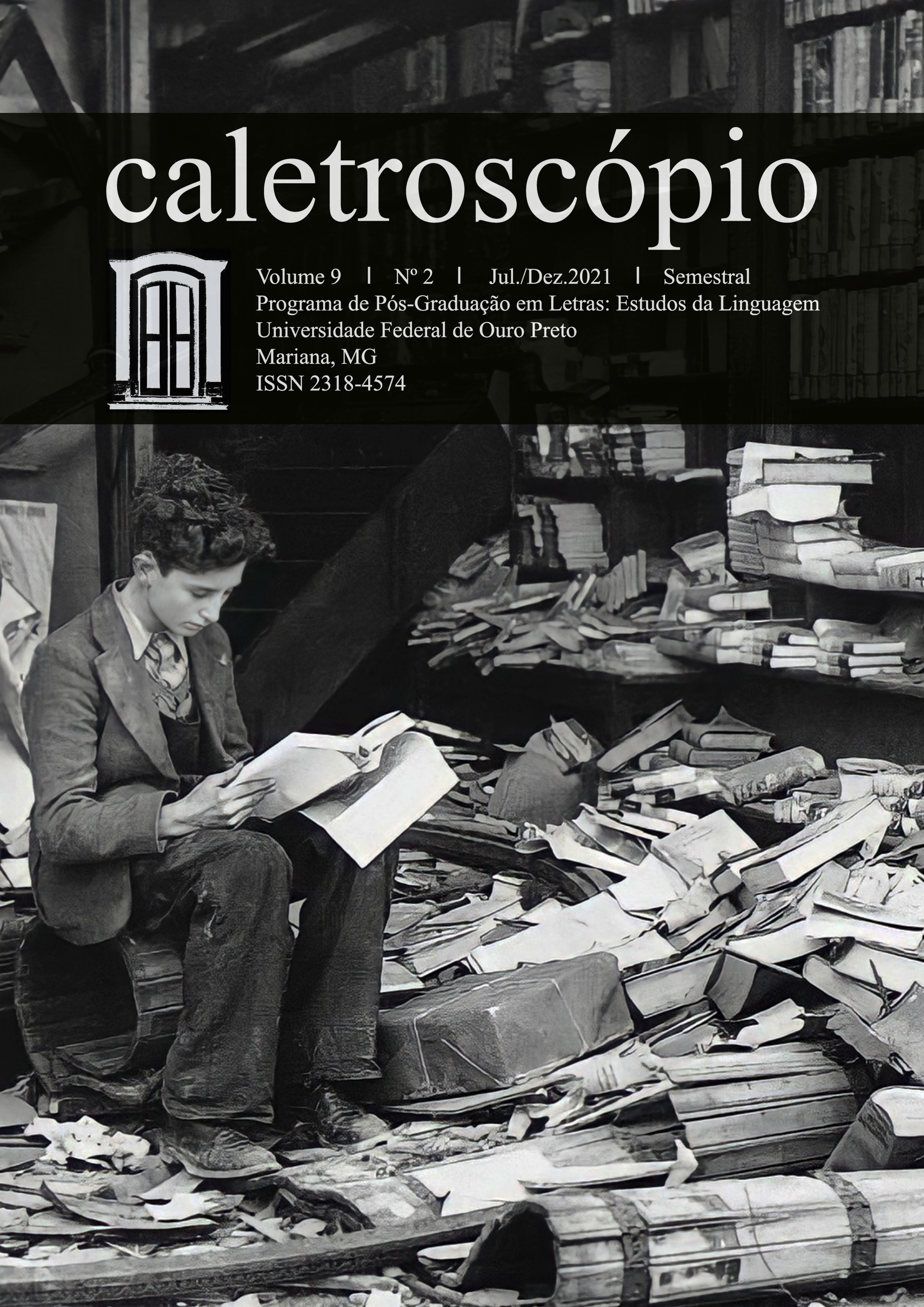TEACHING REPRESENTATIONS ABOUT THE NATIONAL COMMON CURRICULUM BASE AND ITS IMPLICATIONS FOR HIGH SCHOOL
Abstract
The Common National Curriculum Base (BNCC) is a normative document that defines the learning that students must develop throughout Basic Education. The repercussions of the BNCC are many, and it is up to the State and Municipal Education Secretariats to discuss how such reformulations can be made operational in schools. Thus, the BNCC guidelines directly impact High School, mainly affecting teaching practice. In this context, teachers from the Federal District discuss the possible impact of BNCC in relation to the 'Curriculum in Motion' and pedagogical practice. This article aims to analyze teachers' representations about the implementation of BNCC in public schools in Sobradinho-DF in the context of continuing education, based on Critical Discourse Analysis (FAIRCLOUGH, 2003; CHOULIARAKI & FAIRCLOUGH, 1999; RAMALHO & RESENDE, 2011 ;). The results point to the importance of continuing critical education about the BNCC, due to the uncertainty of teachers about its implementation and operation in the DF Curriculum and its possible impacts on the training of high school students.
Downloads
References
BRASIL. Conselho Nacional de Educação. Resolução CNE/CEB n. 2/2012. Diretrizes Curriculares Nacionais para o Ensino Médio. Diário Oficial da União, Poder Executivo, Brasília, 31 jan. 2012. Seção 1, p. 20.
BERNSTEIN, B. A estruturação do discurso pedagógico: classe, códigos e controle. Vozes: Petrópolis, 1996.
CHOULIARAKI, L.; FAIRCLOUGH, N. Discourse in late modernity. Rethinking Critical Discourse Analysis. Edinburgh: Edinburgh University Press, 1999.
FAIRCLOUGH, N. Analysing discourse: textual analysis for social research. New York: Routledge, 2003.
FREITAS, M. E. Cultura organizacional: evolução e crítica. São Paulo: Thompson Learning, 2007.
IMBERNÓN, F. Formação continuada de professores. Porto Alegre: Artmed, 2010.
RAMALHO, V; RESENDE, V. Análise de discurso (para a) crítica. Campinas – SP: Pontes, 2011.
RESENDE, V; RAMALHO,V. Análise de discurso crítica. São Paulo: Contexto, 2009.
THOMPSON, J. B. Ideologia e cultura moderna: teoria social crítica na era dos meios de comunicação de massa. Trad. Pedrinho A. Guareschi. Petrópolis: Vozes, 2002.
XXXXXXXXXXXXXXXXXXXXXXXXXXXXXXXXXXXXXXXXXXXXXXXXXXXXXXXXXXXXXXXXXXXXXXXXXXXXXXXXXXXXXXXXXXXXXXXXXXXXXXXX
The publication Caletroscopio shall retain for a period of three years all authorial rights for works accepted for publication: articles, reviews, translations, etc. Outside this restriction, these works are licenced through Licença Creative Commons-Atribuição-NãoComercial-SemDerivações 4.0 Internacional.
Upon expiry of this period, in the event that the author publishes the text, even when making alterations to the original, we would ask authors to include as a footnote, the information that a previous version of the article was published in the Revista Caletroscópio, citing the appropriate references.


